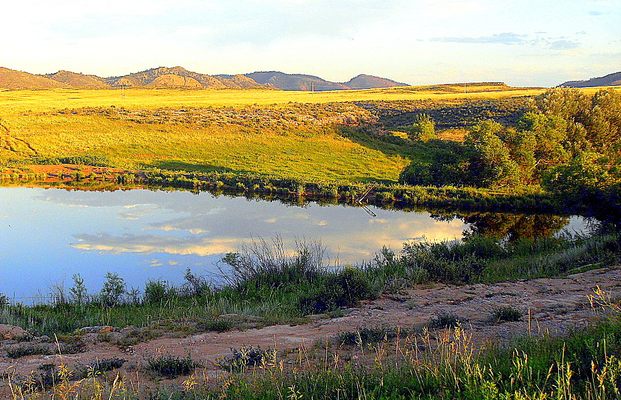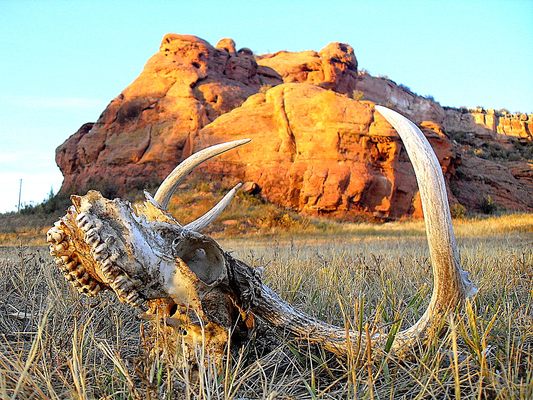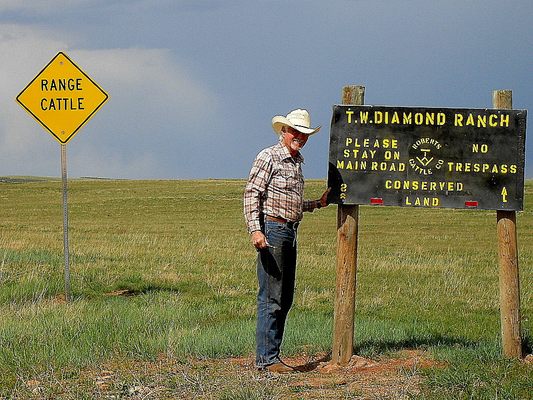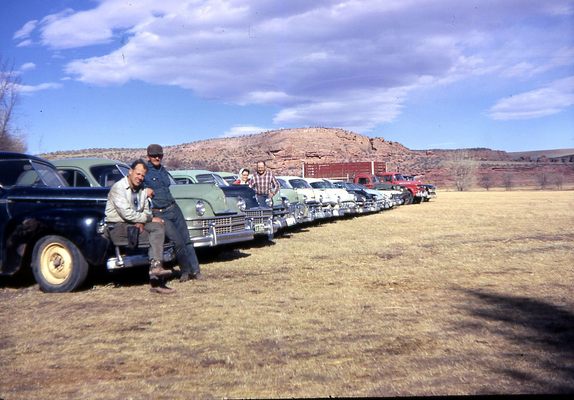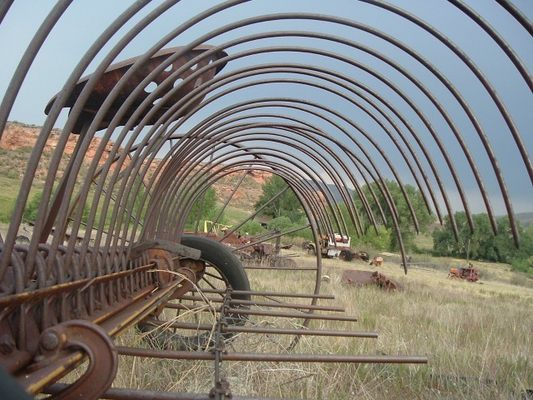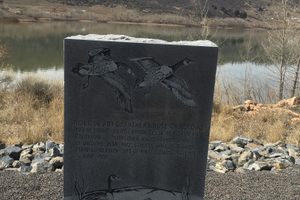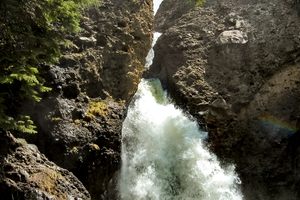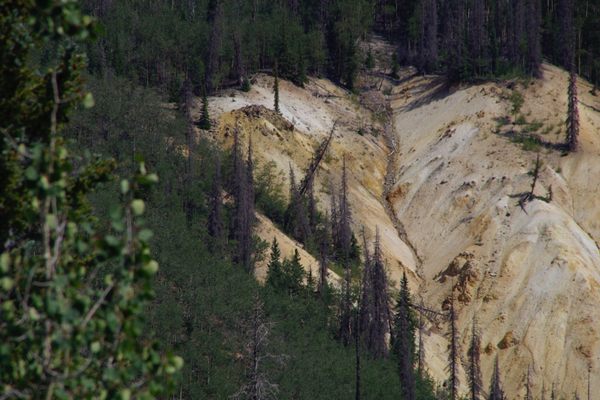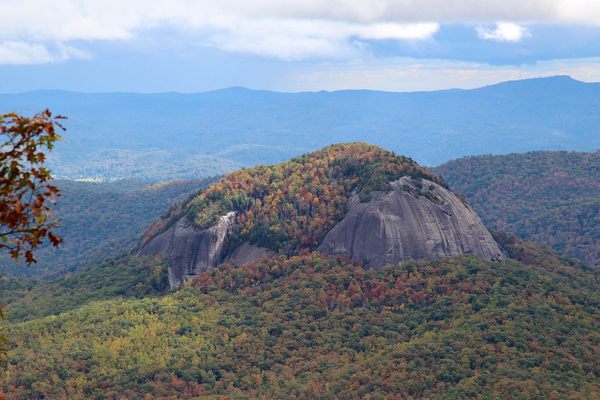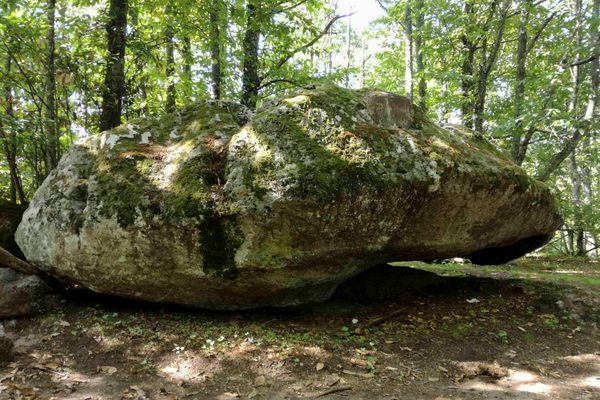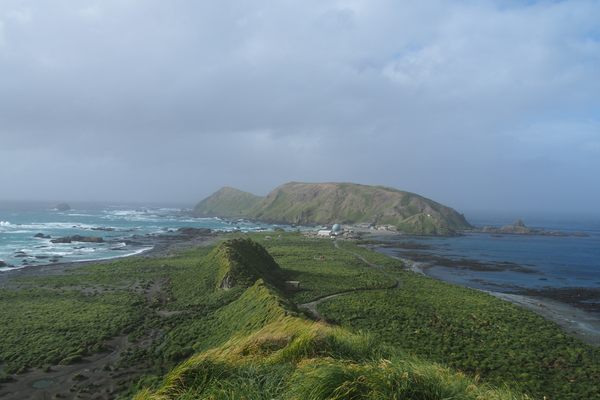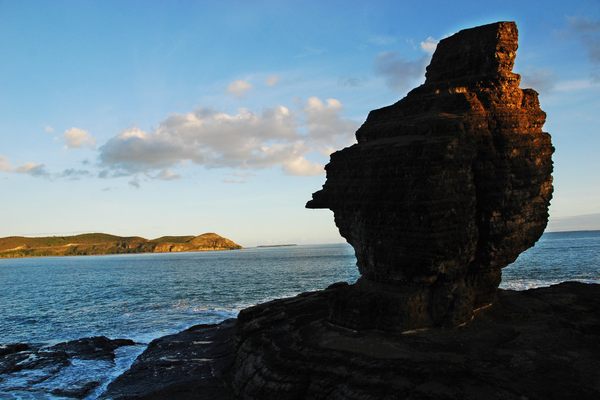About
The earthy must of a hike over undeveloped land. The thick silence of a starry night stretched over an unspoiled horizon. The rolling folds of a misty morning as daybreak settles in above the hills.
These are the moments for which land like this is conserved.
And it's exactly what the Roberts family had in mind when they set down roots in the awe-inspiring Colorado wilderness more than a century ago. But now they're in danger of losing the right to this gorgeous property.
Initially founded under the Homestead Act in 1876, Roberts Ranch is an American icon – a remnant of the days when one could strike out on his own in an effort to claim a piece of land out of sheer will and fortitude. Now, the ranch is made up of various conservation easements and property agreements enacted over the more than 100-year history of the property, and it is now the subject of some legal controversy.
Larimer County has recently entered into a conservation agreement with the 92-year-old matriarch of the Roberts family by which ownership of the Roberts Ranch would transfer to the county. This decision has sent a shockwave through the family and frontier-minded landowners all over the West.
Criticized as a "land grab" by other members of the Roberts family, a transfer of ownership from the private hands of the family to public property would represent a seismic shift in the stewardship and long-term fate of the land.
Home to a working cattle farm, Roberts Ranch has belonged to the Roberts family since they settled on the property, and it represents a dying breed of private land stewards as a result of conservation transfers exactly like this one. While the act of government conservation itself is not particularly controversial, when it's opposed by the original owners and stewards of the land questions arise about the purpose and rightfulness of removing land from some of the few private citizens still interested in being personal caretakers of it.
The controversy rests at the heart of the American story, with original land owners and property rights approaching sacred levels throughout the history of the American West set against the increasingly questionable results of government stewardship of conserved land.
Perhaps the greatest concern of situations like this is how it distracts from the actual notion of conservation, with dewy meadows replaced by courtroom dramas, and that vibrant sunset only leading to questions of who owns it, and for how long.
Related Tags
Published
January 8, 2013
